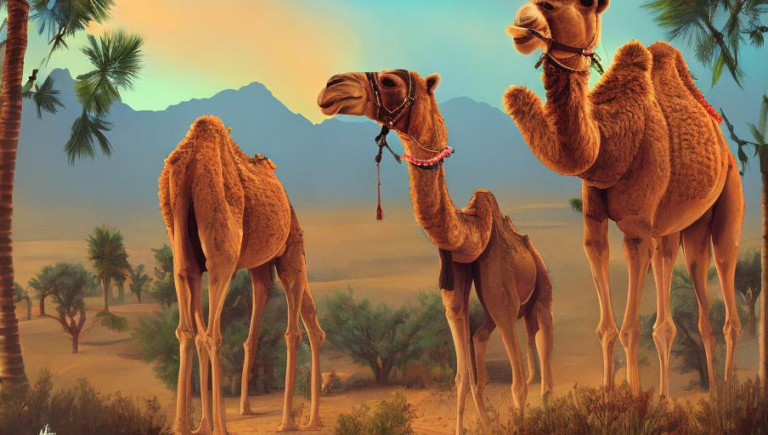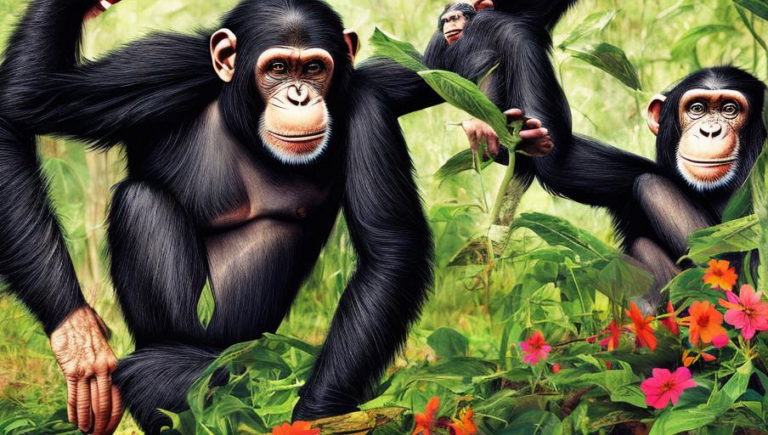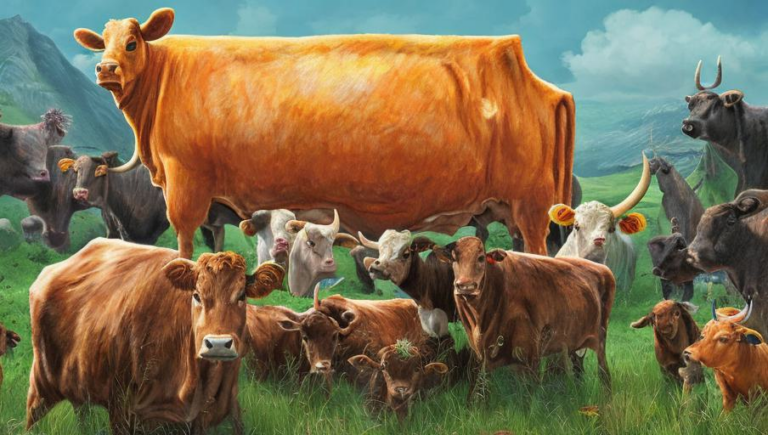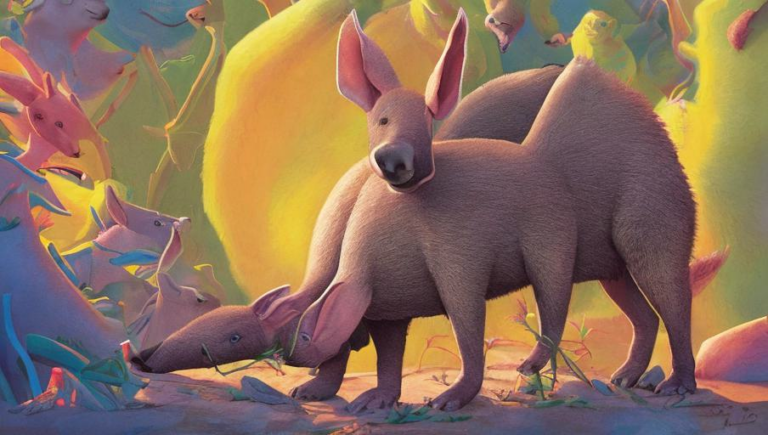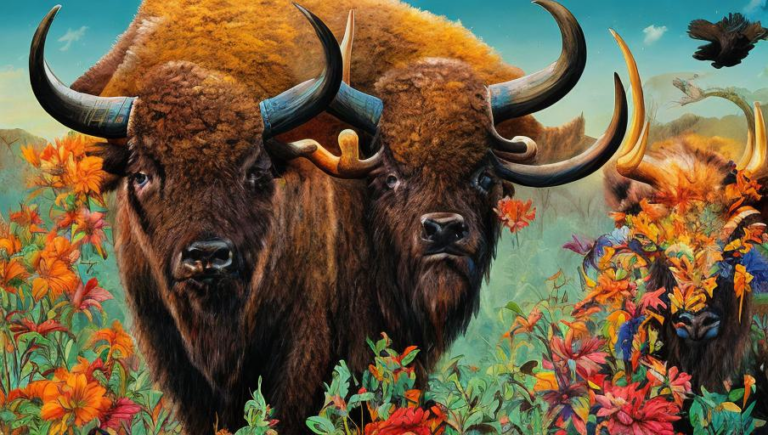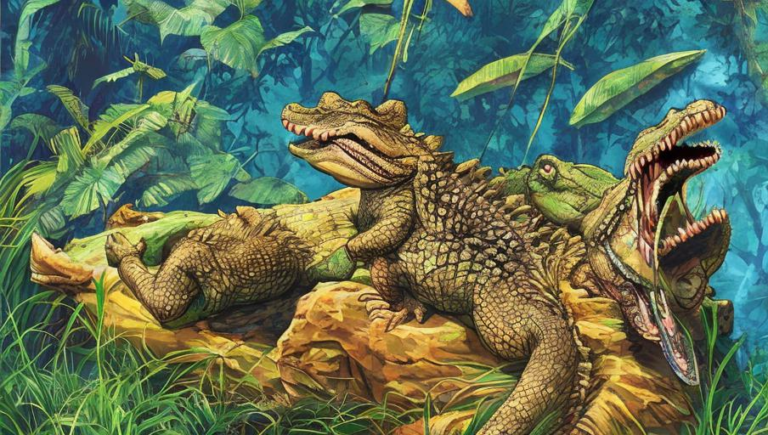Importance of Clam Conservation
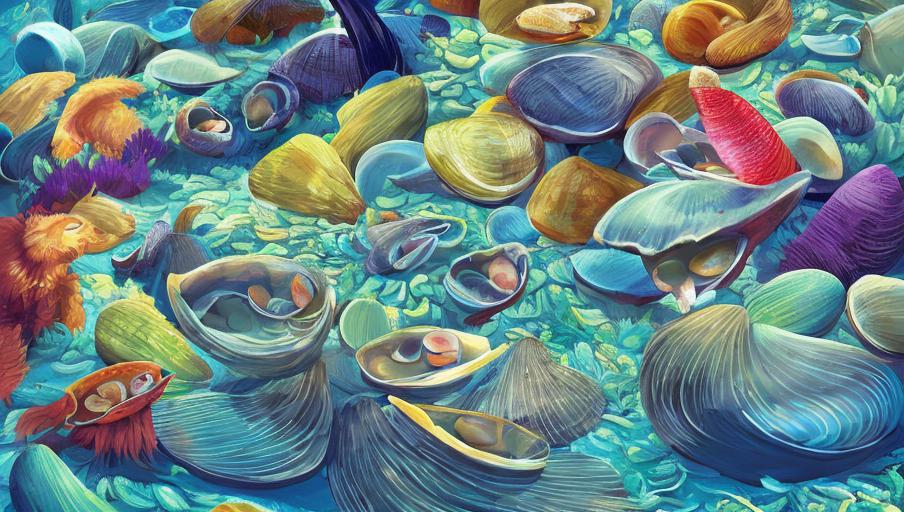
Introduction
Clams are a fascinating species found in oceans, rivers, lakes, and estuaries around the world. Clams are an important part of their ecosystems, providing food for predators, creating habitats for other organisms, and helping to maintain water quality. Clams have been used as food by humans for centuries and are an important part of many cultures. Unfortunately, due to overharvesting and pollution, clam populations have been declining in many areas of the world. It is important to understand the importance of clam conservation and the steps that can be taken to protect them.
Clam Role in the Ecosystem
Clams play an important role in their ecosystems. They are primarily filter feeders, which means they feed on small particles in the water. This helps to keep their environment clean and healthy, as clams filter out pollutants, bacteria, and other contaminants. They also provide food for other species, such as fish and birds, and create habitats for other organisms. The shells of dead clams can also provide homes for other animals, such as crabs and shrimp.
Threats to Clams
Clams are under threat from a variety of sources, including overharvesting, pollution, and habitat destruction. Overharvesting is when more clams are taken from an area than can be replaced, leading to a decrease in population size. Pollution can also be a major issue, as it can kill off clams and make their environment uninhabitable. Habitat destruction can also be a threat, as clams often live in areas that are being developed for human use.
Conservation Efforts
There are a number of ways to help protect clams and their habitats. One way is to limit the amount of clams that are harvested from an area, as overharvesting can lead to a decrease in population size. It is also important to take steps to reduce pollution, as this can kill off clams and make their environment uninhabitable. Finally, it is important to protect their habitats, as this can help ensure that clams have enough space to thrive.
Conclusion
Clams are an important part of their ecosystems and play a vital role in maintaining water quality and providing food for other species. However, they are under threat from overharvesting, pollution, and habitat destruction. Therefore, it is important to understand the importance of clam conservation and take steps to protect them. By limiting the amount of clams harvested, reducing pollution, and protecting their habitats, we can help ensure that clams are able to thrive for years to come.
